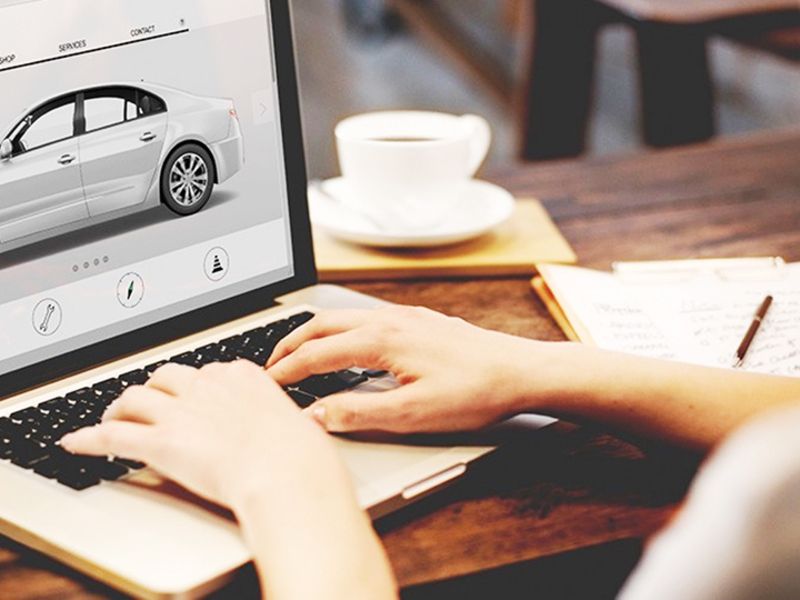
I’ve heard from numerous dealers over the last several weeks who quickly spun up digital services and don’t expect to drop them once business returns to pre-pandemic levels. The commitment to digital sales is holding even as dealerships across the country begin to reopen to in-person transactions.
“We’re going to see this continue, even as we come out to having more of a traditional [sales] opportunity,” John Bergstrom, chairman of Bergstrom Automotive in Wisconsin, told Automotive News Publisher Jason Stein on the “Daily Drive” podcast last week. “More and more, people are going to shop from home.”
To a large degree, that’s because many consumers want to shop from home. Even before the virus moved a lot of shopping online, customer surveys have shown greater interest in remote transactions for convenience and efficiency. The pandemic added contactless purchasing for safety’s sake to that list.
Yet not everyone is ready to buy a car over the Internet. A new survey of consumers from Cox Automotive, released last week, noted that a third of car shoppers would hesitate to make an online vehicle purchase for one reason or another. More than half of respondents said they preferred to negotiate in person. Other reasons include the amount of detail involved in a car purchase, the size of the financial commitment and concerns about the security of a customer’s personal information.
That suggests some things: Brick-and-mortar dealerships aren’t going to disappear tomorrow, even if more consumers do more of the transaction digitally. The process may look different, though. To that end, investments in an omnichannel shopping experience — the seamless transition between online and in-store activity, regardless of how a customer initiates a deal — will continue so dealerships can accommodate each buyer’s unique preferences.
Personalizing the sale was a major factor behind digital retail before the virus. It will remain one afterward too.